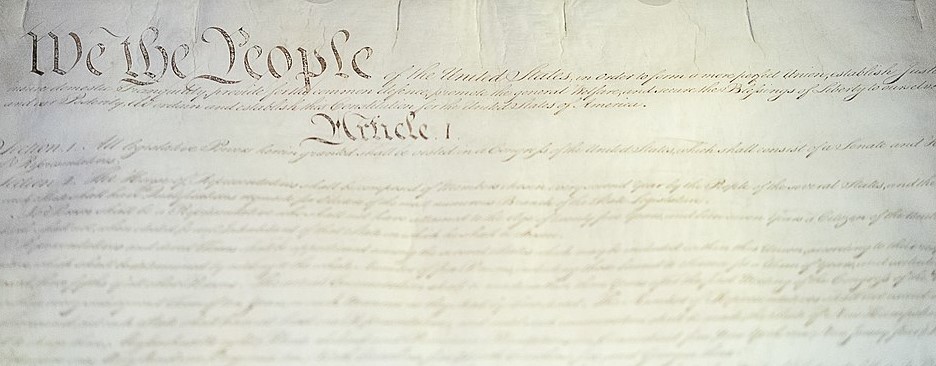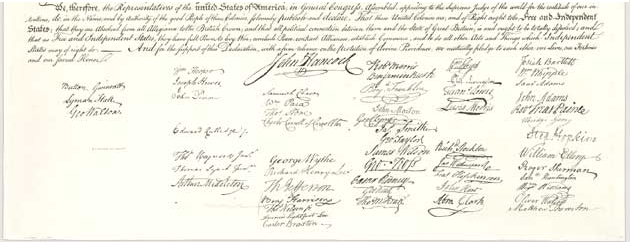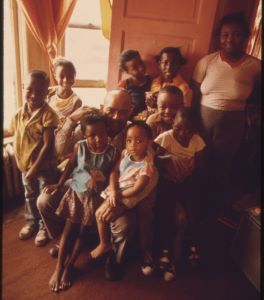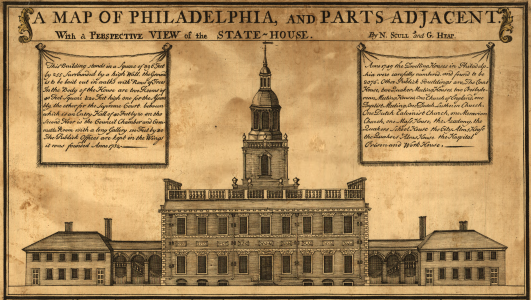The Constitution of the United States is the foundation of American government. As a written document, it is powerless. As a document whose principles live within Americans’ hearts and minds, it is a bulwark of freedom and a durable framework for American
Read More
What are we celebrating this coming weekend? Don’t celebrate “the Fourth of July,” but Independence Day. Too often, we seem to forget that this weekend is about the publication of a document, the Declaration of Independence, that forged the American ideal. It’s not
Read More
As we approach Independence Day next month, but what led to the Declaration of Independence in the Continental Congress? Here, we look at the Lee Resolution and how it drove us to independence.
Diversity, Equity, and Inclusion (DEI) policies are common today. While they claim to promote better workplaces and “social justice,” critics argue they foster racism and division. How could policies advanced with such a positive goal have the exact opposite effect?
The Constitutional Convention began on May 25, 1787. The outcome of the convention was the current Constitution of the United States. We will explore some of the major factors leading to calling the Constitutional Convention.




